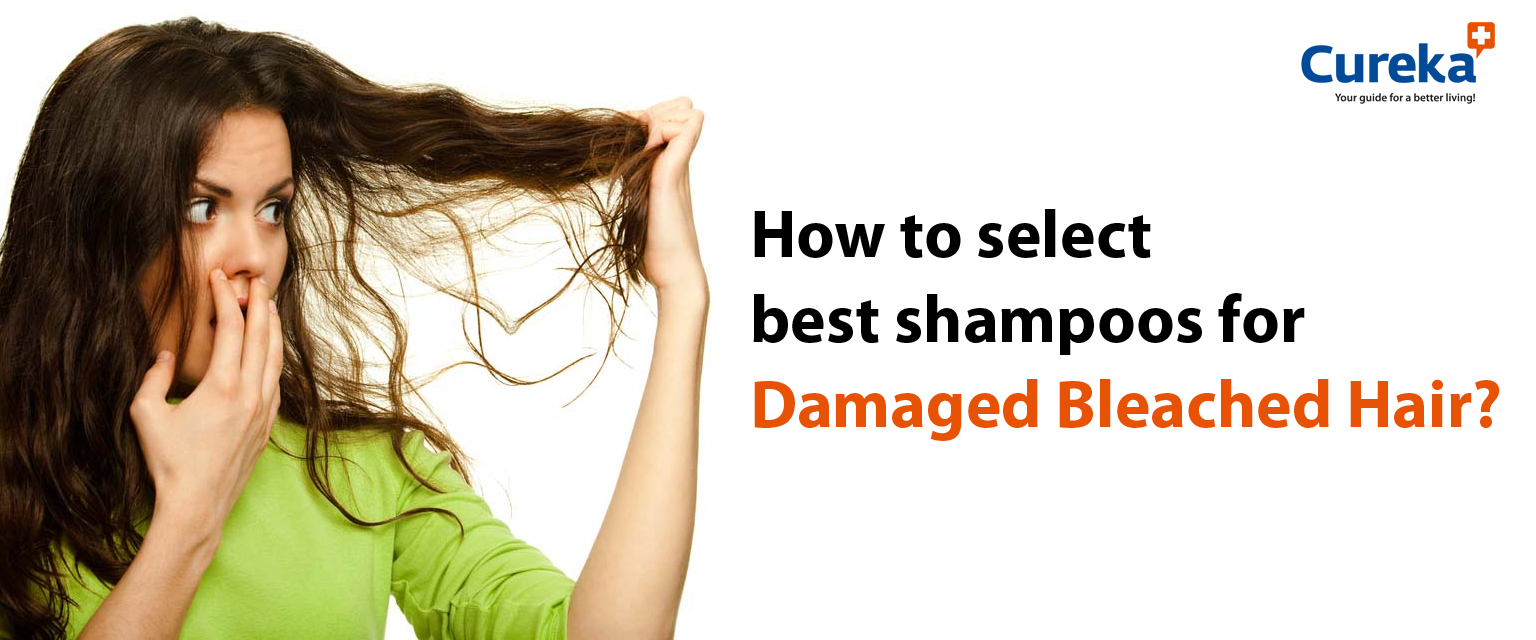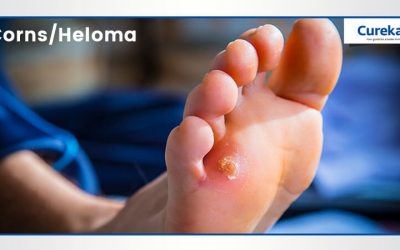How to Select the Best Shampoos for Damaged Bleached Hair?
Introduction
How to select the best shampoos for damaged bleached hair? Then you have to maintain the right balance between protein, moisture, effective natural ingredients, and no chemicals! In a few cases, it’s easy to improve strands and make them bouncy, healthy, and profoundly moisturized again. Let’s see how your scalp washing routine can help in revamping your hair! Find the best shampoos for damaged bleached hair!
What does the Damage Bleach do with your Hair?
Bleach is utilized for creating new balayage, color, or highlights. That makes hair look like a white canvas and you can add new nuances and hues on it. However, the way how bleach does it is aggressive. Bleach cracks open your hair cuticle. Then it enters your hair shaft and melts the hair’s pigments and natural fatty acids. And as a result, you will get dry, porous, and susceptible to hair breakage.
What to do if the Bleached Hair gets Damaged?
Bleaching can make your hair fragile. The cuticle (a layer which seals in moisture and guards the hair) is disturbed when lightening the hair. To stop hair breakage, excess frizz, split ends, and damaging to hair follicle, you have to adjust the beauty routine.
How to Revive Damaged Bleached Hair?
- Avoid heat harm done by different heat style tools. As you’d believe heat protectants can assist, bleached hair doesn’t require additional strain. Adjust the blow-drier to lower temperature.
- Avoid twisting or pulling your hair.
- Do deep conditioning once every week to cover tresses with additional protein and moisture.
- Don’t evade hair trims and keep away from chlorine!
- Protect hair from additional chemicals and search for chemical-free hair products.
- Stop frizz by utilizing microfiber towels to dry washed tresses. This will keep the strands intact.
- Use a protecting mist to keep the hair safer from environmental stressors like pollution, wind, and sun rays.
- Utilize a gentle brush and evade mechanical stress.
- Utilize lukewarm water as it’s gentle with cuticles.
What Shampoos are not Good for Bleached Hair?
When you’d choose a heavier formula that offers all nutrients and polish your hair requirements, ingredients listed below can make your hair more susceptible to breakage.
You need to avoid:
- all sulfates (sodium chloride, sodium lauryl sulfate)
- mineral oils
- parabens
- silicones
- synthetic fragrance
They load down your hair and strip that of nutrients.
Here are ingredients to avoid, particularly after damaging and bleaching your hair:
- Parabens aggravate the scalp and disturb hormones. Phthalates are linked to hormone’s activity disruption, results in breast cancer.
- Petrolatum smothens the hair cuticle, stopping it from soaked in moisture.
- Silicones provide your hair with instant sheen; however, they will load down tresses. They make a buildup, which tears down fiber and stops shaft from fascinating hydration and nutrients.
- Sulfates are cleaners that strip hair of dampness and its protecting natural oils leave it dryer and likely to breakage.
Which Shampoos are the Best for Damaged Hair?
For damage-reversal effects, protein-enriched formulas are the helpers. Ingredients like B5, biotin, and keratin strengthen the hair elements and follicle with brittleness prevention.
Shampoos having natural extracts like vegetal protein, wheat germ, antioxidants, and nourishing oils like shea butter or avocado gently wash without stripping locks.
Looking for lightweight formulas, which are particularly designed to undo damages without weighing down hair.
Antioxidants and vitamins infuse the elements with strengthening and repairing compounds. They stop further damage and defend brittle and dry strands.
Conclusion
We all know bleaching can damage the hair. But with right hair care products you can restore your natural crown with healthy texture. Since bleached hair is already dry and frail focus on anti-dry and hair protective shampoo. Shampoos containing natural oils like coconut oil, argan oil, jojoba oil etc., can effectively protect dry hair strands but for repair always opt for protein-based shampoo containing biotin, keratin. If your hair or scalp feels dry, lacks shine and easily prone to breakage that indicates that you are using a wrong shampoo as well as there is a lack of protein in the diet.











